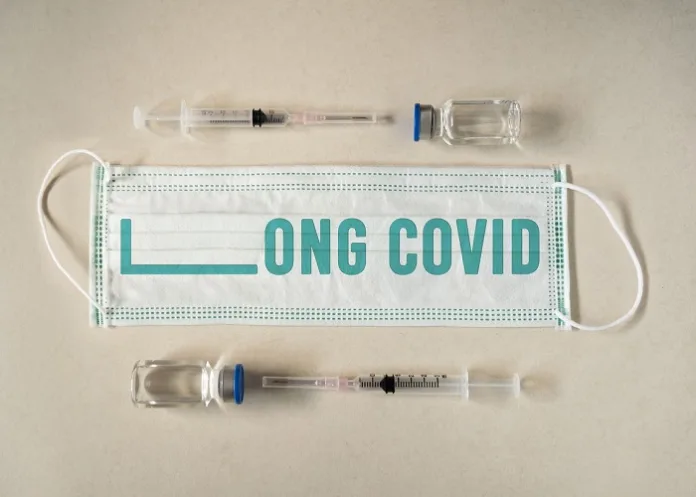Recent research has offered potential clues as to why some people develop long Covid, and why the virus can persist in the blood and tissue of patients for more than a year after the acute phase of the illness has ended.
The scientists found pieces of SARS-CoV-2, referred to as Covid antigens, lingering in the blood up to 14 months after infection and for more than two years in tissue samples from people who’d had Covid.
“These two studies provide some of the strongest evidence so far that these antigens can persist in some people, even though we think they have normal immune responses,” said Dr Michael Peluso, MD, infectious disease researcher at the University of California-San Francisco School of Medicine, who led both studies.
The findings were presented at the Conference on Retroviruses and Opportunistic Infections (CROI: 3-6 March), in Denver.
Evidence of long-term infection
Early in the pandemic, Covid-19 was thought to be a transient illness. But a growing number of patients, even those who had previously been healthy, continued having symptoms like brain fog, digestive problems and vascular issues, for months or even years.
The researchers looked at blood samples from 171 people who had been infected with Covid. Using an ultra-sensitive test for the Covid “spike” protein, which helps the virus break into human cells, the scientists found the virus was still present up to 14 months later in some people.
Among those who had been admitted to hospital for Covid, the likelihood of detecting the antigens was about twice as high as it was for those who were not. It was also higher for those who reported being sicker, but were not hospitalised.
“As a clinician, these associations convince me we are on to something, because it makes sense that someone who had been sicker with Covid would have more antigen that can stick around,” Peluso said.
Virus persists up to two years in tissue
Since the virus is believed to persist in the tissue reservoirs, the scientists turned to UCSF’s Long Covid Tissue Bank, which contains samples donated by patients with and without long Covid.
They detected portions of viral RNA for up to two years after infection, although there was no evidence that the person had become re-infected. They found it in the connective tissue where immune cells are located, suggesting the viral fragments were causing the immune system to attack. In some samples, the researchers found that the virus could be active.
Peluso said more research was needed to determine whether the persistence of these fragments drives long Covid and such associated risks as heart attack and stroke.
But, based on these findings, Peluso’s team at UCSF is involved in multiple clinical trials that are testing whether monoclonal antibodies or antiviral drugs can remove the virus and improve the health of people with long Covid.
“There is a lot more work to be done, but I feel we are making progress in really understanding the long-term consequences of this infection,” Peluso said.
• Study details not yet available
See more from MedicalBrief archives:
Long Covid proven by biological markers – Yale study
US agency launches ‘overdue’ long Covid clinical trials
Long Covid’s impact on life quality worse than some cancers – UK study
UK analysis confirms risk factors for long Covid

